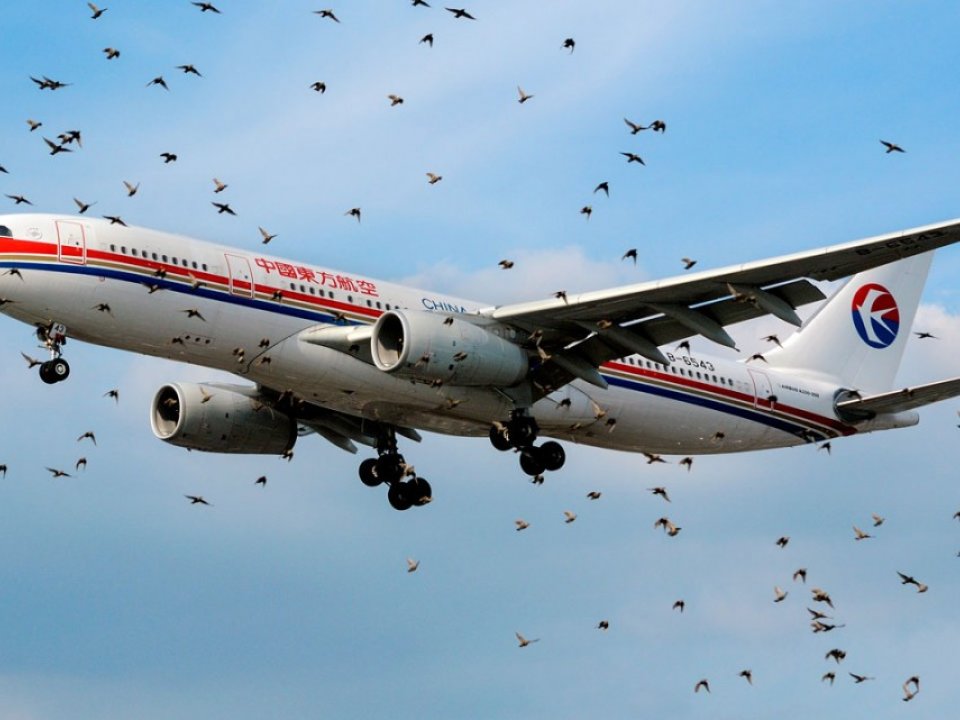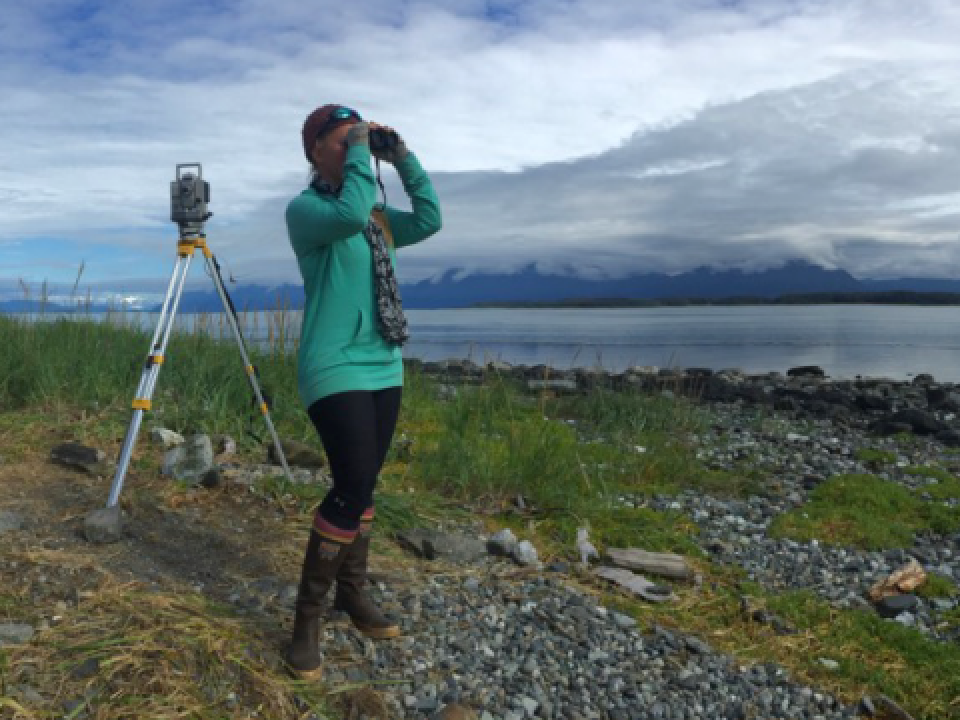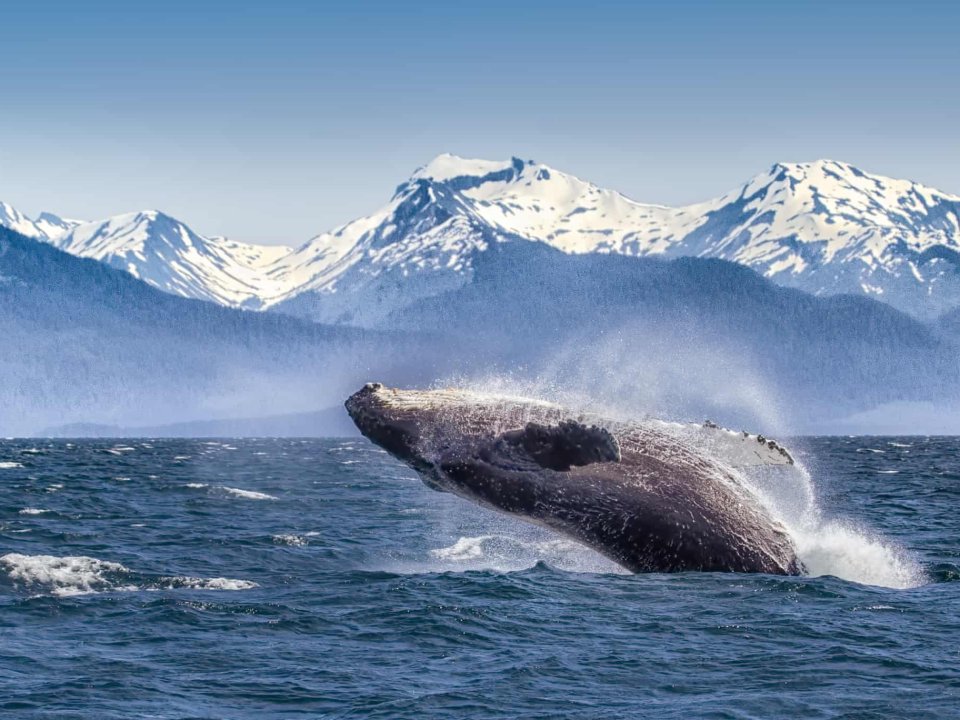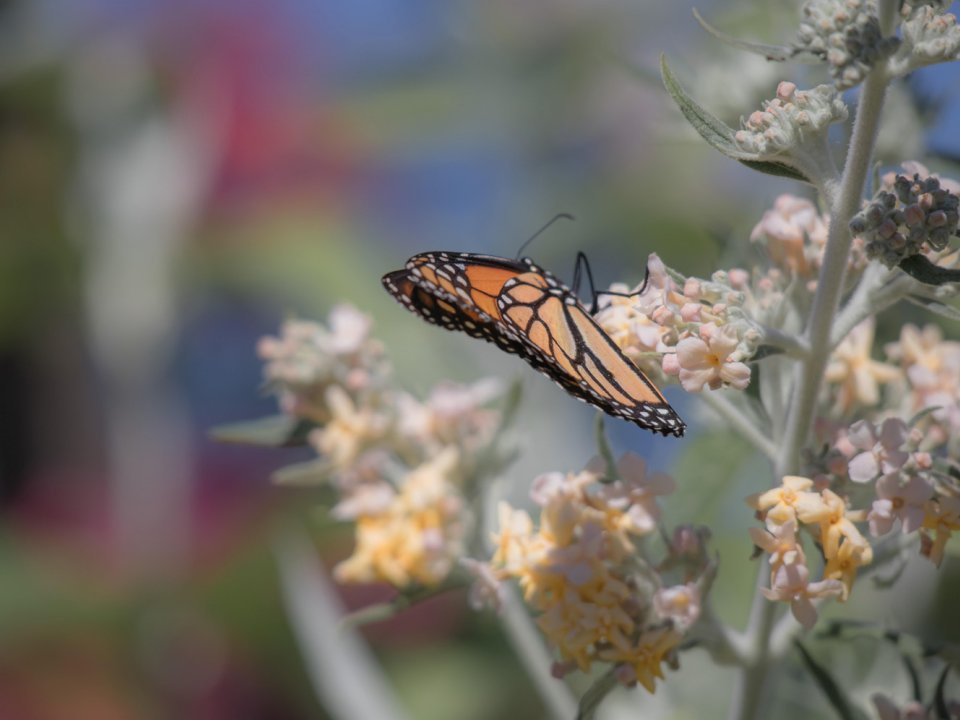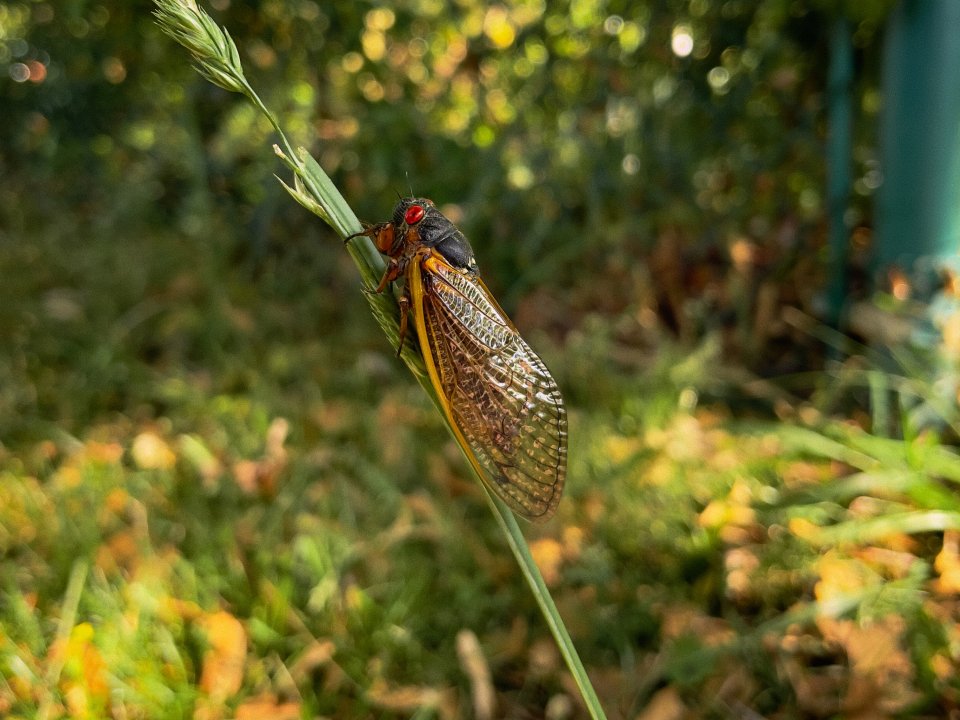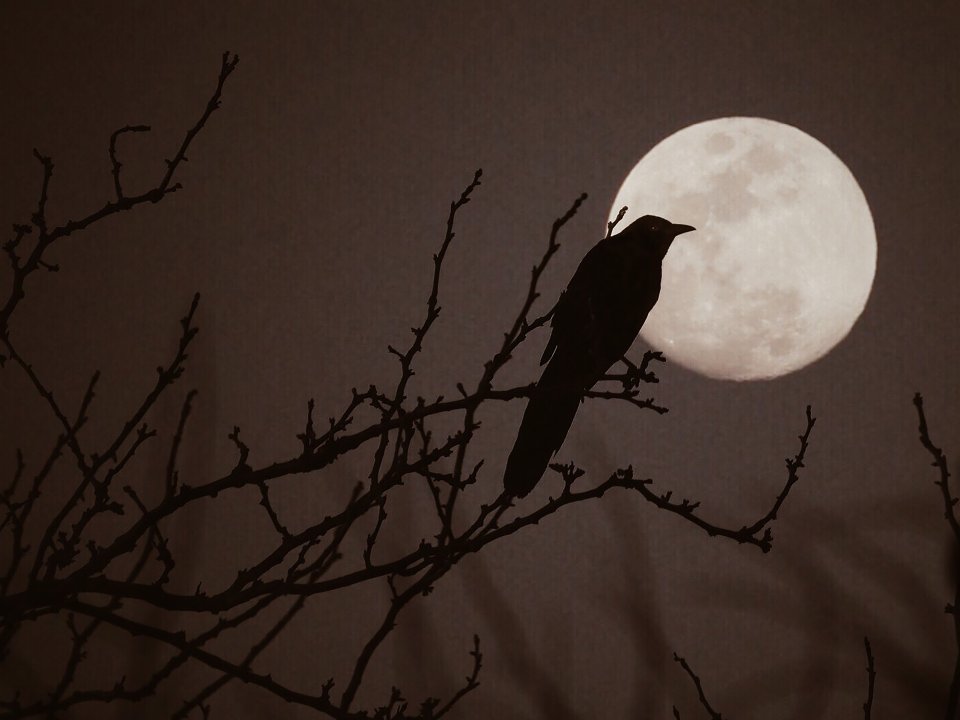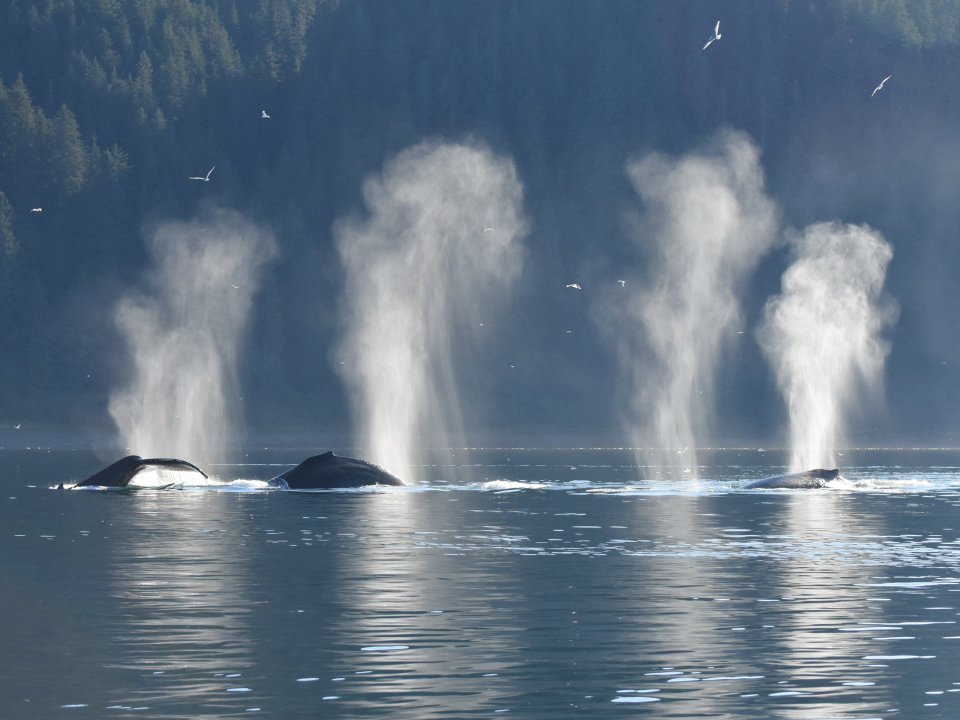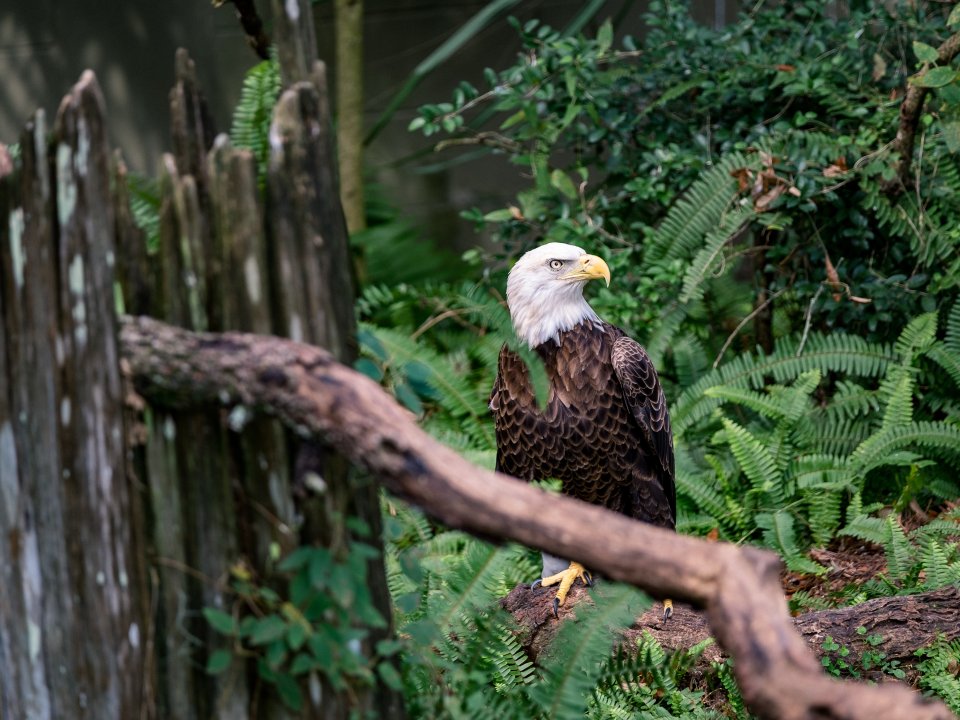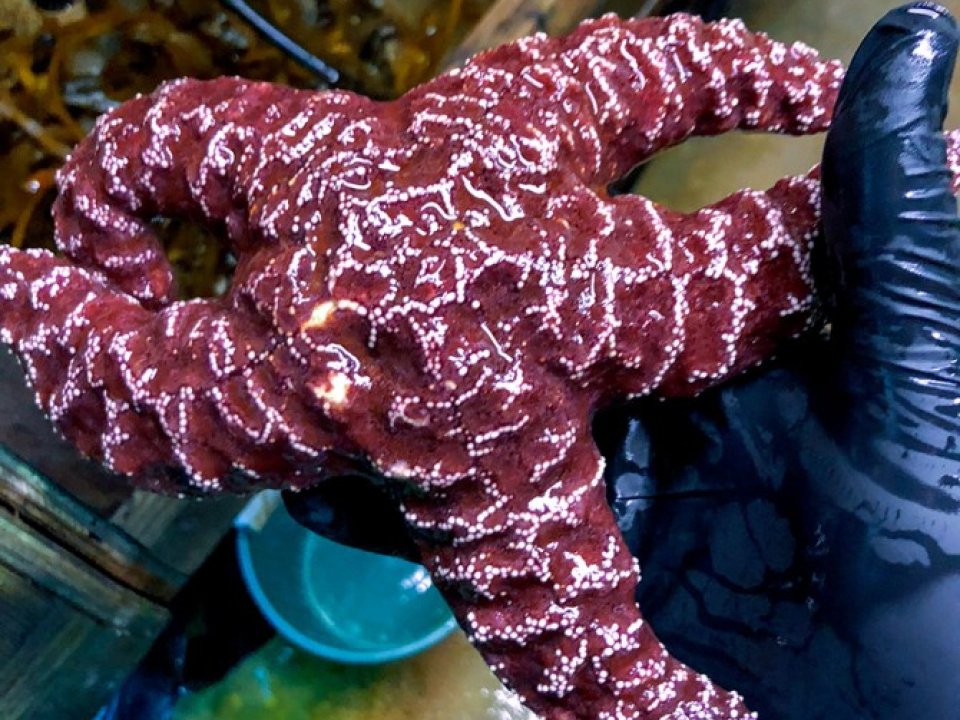News
The risk of airplanes colliding with birds jumps by as much as 400% during periods of migration, according to new research from the Cornell Lab of Ornithology and partners, who have been looking for patterns in bird-strike data from three New York City-area airports.
Michelle Fournet, postdoctoral associate in the Lab of Ornithology, is interviewed about her work in the bioacoustics lab at Cornell.
This piece references research by Michelle Fournet, postdoctoral associate at the Lab of Ornithology, and Christine Gabrielle finding that manmade sound levels in Glacier Bay last year dropped sharply from 2018 levels.
This op-ed discusses the decline of insects around the country. The authors cite research done by the Lab of Ornithology in 2019 announcing that the United States has lost 3 billion birds.
Andrew Farnsworth, senior research associate that the Lab of Ornithology, discusses how radar picks up insects and birds and whether cicadas are flying under the radar coverage.
"Our research provides the best evidence yet that migrating birds are attracted to building lights, often causing them to collide with windows and die,” says Benjamin Van Doren, a postdoctoral associate at the Lab of Ornithology.
For the first time, humpback whales were heard singing in waters off New York. Hear the audio from the Center for Conservation Bioacoustics and Cornell Lab of Ornithology at Cornell University.
The "All Things Considered" podcast mentions Lights Out Texas, a partnership among the Lab of Ornithology, politicians, and local conservation groups to encourage residents and businesses in major cities to dim non-essential lights to protect millions of migrating birds.
This piece references a bald eagle survey conducted by the U.S. Fish and Wildlife Service and the Lab of Ornithology in 2018 and 2019.

